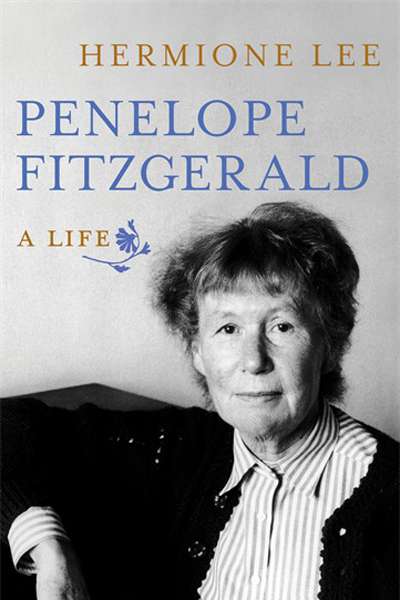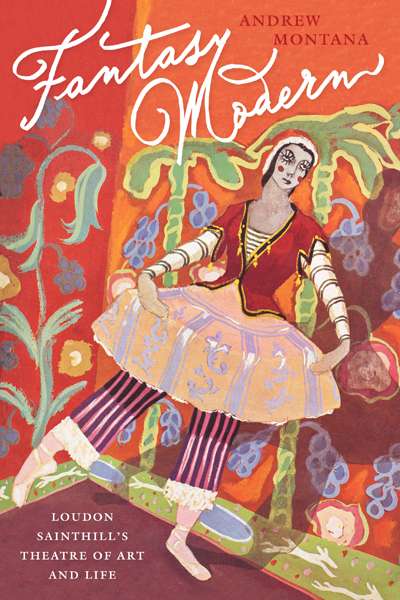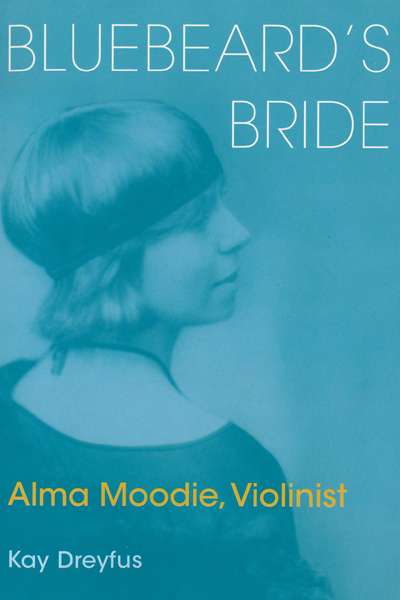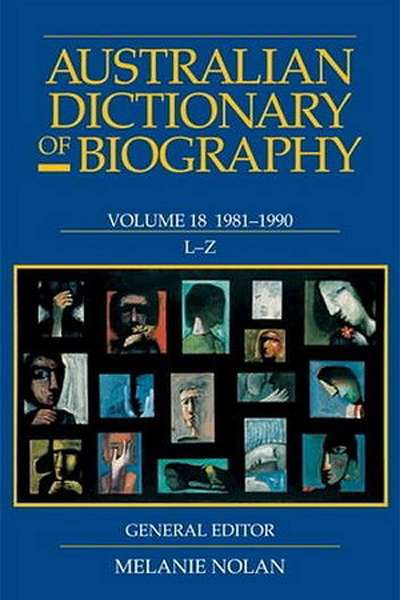Biography
I have never met a pope, but I have sometimes felt their shadow. In 1981, at the tender age of nineteen, I was a novice in the Jesuit order. We lived in a vast establishment in Sydney: the community included naïve youngsters such as myself, wily old retired Jesuits, as well as representatives of every age group in between. It was quite a fun place to live. One day, we were all summoned to a community meeting, a rare event for such a large group. The rector solemnly read out a special letter which announced the fact that Pope John Paul II had sacked the superior general of the Jesuits, the much-loved and saintly Father Pedro Arrupe. It was clear to me that even those Jesuits who had seen everything had never seen anything like this. The mood was sombre.
... (read more)All writers mine their lives, some most clearly through combining the autobiographical and the fictional, so that, as with Christopher Isherwood, their works become a mixture of the self-revelatory and observations of the worlds in which they have lived. In more recent times, no one has more closely followed Isherwood than Edmund White, now the author of more than twenty books, professor of writing at Princeton, and a regular contributor to the New York Review of Books.
... (read more)Award-winning biographer Brenda Niall welcomes the first biography of Penelope Fitzgerald by superlative British biographer Hermione Lee, and is fascinated by the great novelist’s secret river of creativity.
... (read more)Fantasy Modern: Loudon Sainthill's Theatre of Art and Life by Andrew Montana
Reading Andrew Montana’s new biography of Loudon Sainthill leaves one imagining how much the artist would have achieved without his lover, amanuensis, and entrepreneur, Harry Tatlock Miller. Lovers for some thirty-four years, they seem destined to achieve remarkable things together. Well into his project Montana realised that he could not tell Sainthill’s story without Miller’s, and so Fantasy Modern became a dual biography, a ‘portrait of a marriage’ of two gay men and of the work that bound them. It is also an encyclopedic trip through rapid aesthetic change, a social-family history of rare individuals, and urban culture shaped by art and design, not just coffee, magazines, and booze.
... (read more)Bluebeard's Bride: Alma Moodie, Violinist by Kay Dreyfus
Alma Moodie’s story is remarkable, which makes it all the stranger that she has been so thoroughly forgotten. A frail child prodigy from central Queensland, she became Carl Flesch’s favourite pupil and a renowned concert violinist in Germany after World War I, friend and performer of most of the great figures of international contemporary music, from Max Reger to Igor Stravinsky. As no recordings survive, we have to guess how she played, but it was evidently a style that suited the new music of the time – crisp, rhythmic, and intense, without the overt emotionalism of an Ysaÿe or a Kreisler. She was the dedicatee of violin concerti by Hans Pfitzner and Paul Hindemith, as well as Ernst Krenek, who drew on aspects of her personality as the basis for Anita, the musician who has a brief love affair with the black jazz band leader in Jonny spielt auf, the controversial opera that made his name. Moodie’s story ends sadly with artistic and personal decline before her death in Frankfurt at forty-four, probably by her own hand. But it is the vitality, ebullience, and courage of the earlier years that leaves the strongest impression.
... (read more)Richard Wagner: A Life in Music by Martin Geck (translated by Stewart Spencer)
After four days in the theatre, and just as many resting up between instalments, Richard Wagner’s Der Ring des Nibelungen ends with a big tune. Like most of Wagner’s themes, this one has been given a name: the ‘Redemption through Love’ motif. The name was not the work of the composer but of one of his acolytes, Hans von Wolzogen, and in its original German it is ‘Liebeserlösung’ which, strictly speaking, is ‘Redemption of Love’ or ‘Love’s Redemption’. But ever since guides to Wagner’s music began appearing in English – which is to say, a long time ago – the motif has been incorrectly labelled ‘Redemption through Love’, and so it has stuck.
... (read more)Among the diaspora of European-born Jewish artists, architects, academics, and intellectuals who made a life on Australian shores pre- and post-World War II, Harry Seidler (1923–2006) was, arguably, the most successful and at various times during his life, one of the most visible and most controversial. As an architect, he left behind signature office buildings in five state capital cities, a brace of stunning modernist houses in Sydney, Canberra, and Darwin from the 1950s to the 1990s, the much-acclaimed Australian Embassy in Paris, as well as buildings in Acapulco, Hong Kong, and Vienna. He also made sure he was remembered. He published Houses, Interiors, and Projects, the first book on his work, in 1953 and then, almost without fail, every ten years a book on his architecture would appear, culminating in 1992 with the magnum opus, Harry Seidler: Four Decades of Architecture, complete with essays by architectural historians Philip Drew and Kenneth Frampton. The last word? Certainly not. Four more books followed, and now, in the tradition of marking each decade, another book has appeared on Seidler, this time by journalist and author Helen O’Neill.
... (read more)Australian Dictionary of Biography, Volume 18: 1981–1990 (L–Z) edited by Melanie Nolan
In his brief preface to Volume 1 of the Australian Dictionary of Biography 1788–1850 A–H (1966), Douglas Pike describes the ‘all-Australian, Commonwealth-wide … consultation and co-operation’ underpinning the volume and notes that the breadth and complexity of its intellectual network meant the Dictionary could ‘truly be called a national project’. Five decades later, in an informative, elegant introduction to Volume 18, the present general editor, Melanie Nolan, endorses Pike’s pioneering claim for the ADB, describing it as ‘a national collaborative project, the largest and longest running of its kind in the social sciences and humanities in Australia’. As such – ‘a reference work for many purposes’ – it is familiar territory to historians, researchers, biographers, film-makers, novelists, and any number of browsing general readers.
... (read more)Henry Friendly: Greatest judge of his era by David M. Dorsen
Henry Friendly was a judge of the highest reputation – greater than Learned Hand in Justice Scalia’s opinion. His output was prodigious, his legacy unmatched: of his fifty-one clerks, twenty-one (including the present incumbent) became justices of the Supreme Court of the United States; in that Court’s decisions, only Learned Hand was cited more often than Friendly.
... (read more)










